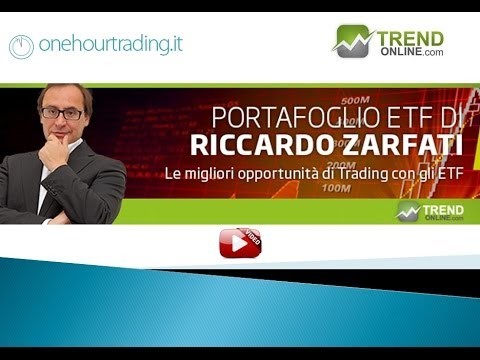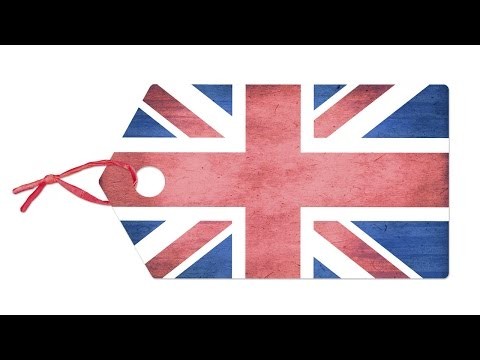Understanding The Impact Of ETF Price Wars On BlackRock s Shares
Post on: 1 Январь, 2017 No Comment

Follow Comments Following Comments Unfollow Comments
With $4.4 trillion in assets under management at the end of Q1 2014, BlackRock is the world’s largest asset manager by far. A large part of the company’s success since the economic downturn has been due to the strong inflow of assets into its extremely popular iShares line of exchange-traded funds (ETFs). But over the last few quarters, BlackRock has lost some ground in its home turf to Vanguard – something we pointed out in our recent article Vanguard Trumps BlackRock, State Street To Record Highest ETF Inflows In Q1. The shift is largely due to Vanguard’s considerably lower fund expense ratios, which are on average less than half those for BlackRock and State Street – the second largest ETF provider.
In a bid to regain control of the rapidly expanding ETF industry, BlackRock has been rolling out low-cost ETFs across the globe. Earlier this month, the company slashed expense ratios for six existing European ETFs by almost 60% and introduced eight new low-cost ETFs. It then followed up by cutting fees for six U.S.-registered ETFs and introducing four more low-cost ETFs in the U.S. But what does this range of “core” ETFs mean for BlackRock’s share price in the future?
We maintain a $333 price estimate for BlackRock’s stock. which is about 7% ahead of the current market price.
Price Wars Will Bring Down BlackRock’s Average ETF Fee…
When it comes to the highly fragmented retail investor segment, BlackRock hasn’t been able to gain as strong a foothold as it has with institutional investors. And although BlackRock has launched several iShares ETFs since late 2012 targeting retail investors, Vanguard had a head start with its extremely low expense ratios finding ready takers in the retail segment. To put things in perspective, Vanguard ETFs have an average expense ratio of 0.14% compared to BlackRock’s 0.4% and State Street 0.32%. Thanks to this, Vanguard’s U.S.-registered ETFs saw inflows of $50.9 billion over the last twelve months, compared to $36.6 billion for iShares.
Viewing Vanguard’s rapid growth in the ETF industry as a serious threat, the company has lowered expense ratios for several of its existing ETFs to coax retail investors to invest. The expanding range of low-cost “core” ETFs will undoubtedly drag down the average fee BlackRock commands as a percentage of assets managed by it across its iShares offerings. To get an idea of how this one factor can potentially impact BlackRock’s share value, consider our forecast of the average fees generated by the company’s equity iShares as shown in the chart below. We currently estimate that these fees as a percentage of assets managed will decline gradually from almost 0.38% in 2013 to under 0.36% by the end of the forecast period. However, if this figure falls to 0.3% over the same period due to an aggressive price war among the incumbent asset managers, then this will reduce our price estimate for BlackRock’s share price by almost 5%. Remember that this is due to a reduction in fees from equity iShares only. If we include similar declines in fees for the fixed-income, multi-asset class and other alternative iShares too in the analysis, we are talking about a 8-9% fall in share price – or roughly $30 a share.

… But Resulting Growth In Assets Should Unlock Value
The analysis of an impact of the price wars on BlackRock’s share value will be incomplete if we do not factor in a faster growth rate in the assets managed under iShares due to lower expense ratios. While the company has shown an inclination to grow its business through acquisitions whenever such a chance has come up, it is important for BlackRock to explore avenues of organic growth as well, keeping long-term sustainability in mind. This is where the core iShares offerings come in as they aim to grab a larger share of the retail segment. These low-cost iShares have seen a steady increase in demand among retail investors, and this should provide a boost to its equity and fixed-income ETF assets over the years to come.
You can understand the impact of faster growth in equity iShares assets on BlackRock’s share value by making changes to the chart below. We estimate an annual growth of 10% in these assets over our forecast period, but if this figure touches 15% over the coming years, we are looking at nearly a 7% upside to our price estimate. Taking together all iShares offerings, the upside should be north of 10% – more than enough to offset the decline in value from the lower expense ratios we calculated above.
Like our charts? Embed them in your own posts using the Trefis WordPress Plugin .














